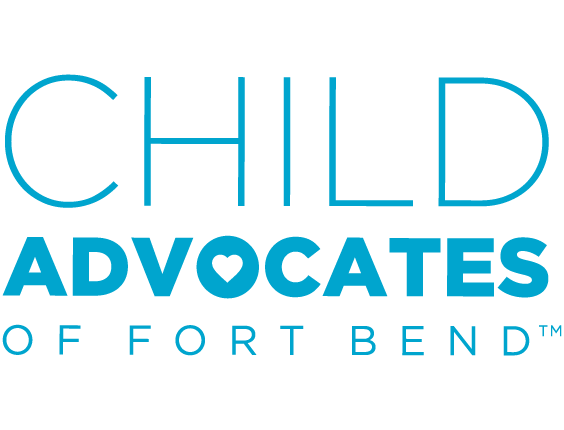Parent Child Relationship:
Keeping children safe from abuse and neglect is a top priority for parents. Your relationship with your child is a life-long process. As a parent, you may change and evolve your views about how you want to raise your child. There are many great resources parents can use to think of different topics from how to discipline effectively, communication, unique needs of your child, or circumstances that bring a high level of stress. Our resources tab has a great list of books, podcasts, and websites you can use to strengthen your relationship with your child.
When you are stressed as a parent, it can affect the interactions that you have with your child. Life stresses like losing a job, relationship conflicts, changes in your living situation or an illness are common struggles that can change how you parent. There are many great resources for parents to be proactive in learning about different life stages or circumstances.
The most important thing you can do is know when you are overwhelmed and need to take a break. If you are worried that you may harm your child or have harmed your child, seek help immediately.
Call 1-800-422-4453 to speak to a counselor at Child Help or go to their website here.
Parent support:
Seeking guidance on how to raise happy, healthy children is something all parents need. Parenting groups or classes can be a great tool. There are also online platforms to learn at your own pace or regarding specific topics for your family.
Child Sexual Abuse Prevention for Parents:
Child abuse can happen in a variety of settings. It’s important to know the safety strategies that keep children safer and lower risk of child abuse and neglect. Parents can start talking about safety at any age, from birth to teen. There are a variety of resources you can use to get started. Learning about these topics before your child is exposed to various activities or interests will help establish the boundaries and healthy relationships. We speak to parents of children of all ages about this topic. Please see our speakers tab to have us speak to your parent group.
Webinars for parents:
- Monique Burr Foundation: These webinars compliment the education we provide to students in classrooms across our county.
- Unbound Now: This organization works to end human trafficking
Tips for talking to kids:
- Be familiar with the topic. How will you answer questions your child may ask? Know ahead of time how much you want to share for their age or development. Resources we list will have some guidance on age-appropriate topics.
- Have a neutral tone and expression. Your nonverbal communication will tell children as much about the topic as what you say. If you are uncomfortable, show anger or negative emotions children could see that as a reason not to bring up questions or issues they may have experienced. The goal is to have open communication.
- Talk often. From the age that children start learning parts of the body until they are launching from your home, they are looking to you for guidance. Talking about safety grows as children. From body parts, to consent, to boundaries, and healthy relationships and other things.
- Talk about manipulation or tricks. Children may not be aware of sneaky ways other children, teens or adults may use to get them to comply with abuse. You can teach them about these red flags and help them understand that those warning signs mean they need to talk to a safe adult.
- Listen with an open mind. Children are sometimes hesitant to tell because they feel guilt, shame, fear, or confusion. Listen when children are talking about things that make them uncomfortable, feel weird or that they don’t like. Allow for silence so your child feels safe to keep talking.
- Avoid leading questions. If a child shares something with you that sounds like abuse or even an iffy situation, ask open ended questions. Only ask enough information to make a report to Child Protective Services or law enforcement. You may want to know all the details, but a few details is all that is needed initially. Children need their safe adults to tell them they are going to get them help.
